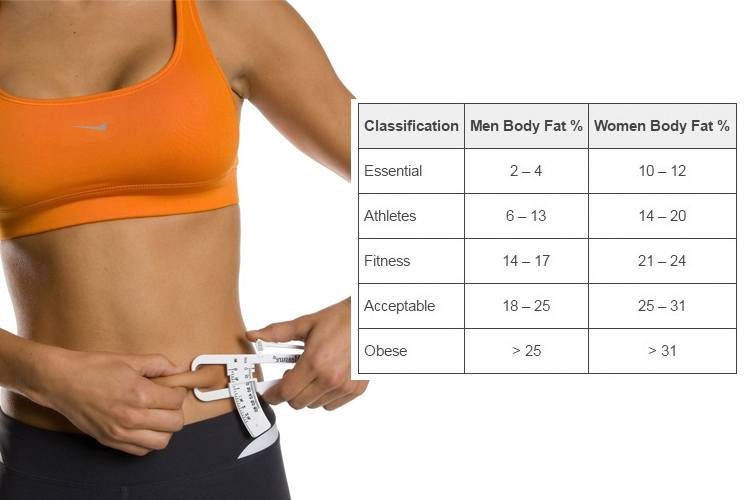


In addition, bivariate correlations from the subset revealed daily energy intake, sport-based physical activity and BMI positive mediators of seven out of 10 BMD sites with age and body fat% shown to be negative mediators of bone characteristics. Whilst bivariate correlations only linked vitamin A and relative protein intake with BMD, the Z-score composite summary presented a significantly different overall dietary quality between healthy and osteopenic individuals. Obesity, classed via BMI, positively affected 20 out of 22 BMC- and BMD-related outcome measures, whereas FMI was associated with 14 outcome measures and adiposity only modulated nine out of 22 BMC- and BMD-related outcome measures. Physical activity was assessed using the Baecke questionnaire, and endocrine profiling was assessed using multiplex luminometry. Diet was assessed using a 3-day food diary, bone mineral density (BMD) and content (BMC) by dual energy x-ray absorptiometry in the lumbar, thoracic, (upper and lower) appendicular and pelvic areas. A subset of 50 healthy-eating middle-to-older aged adults (44–80 years) was randomly selected to examine any added impact of lifestyle and inflammatory profiles. A total of 190 participants (18–80 years) were categorized by body fat%, body mass index (BMI) and fat mass index (FMI) to examine the effect of differing obesity criteria on bone characteristics. This study took a multi-analytical approach including group differences, correlations and unit-weighed directional z-score comparisons to identify the key mediators of bone health.


 0 kommentar(er)
0 kommentar(er)
